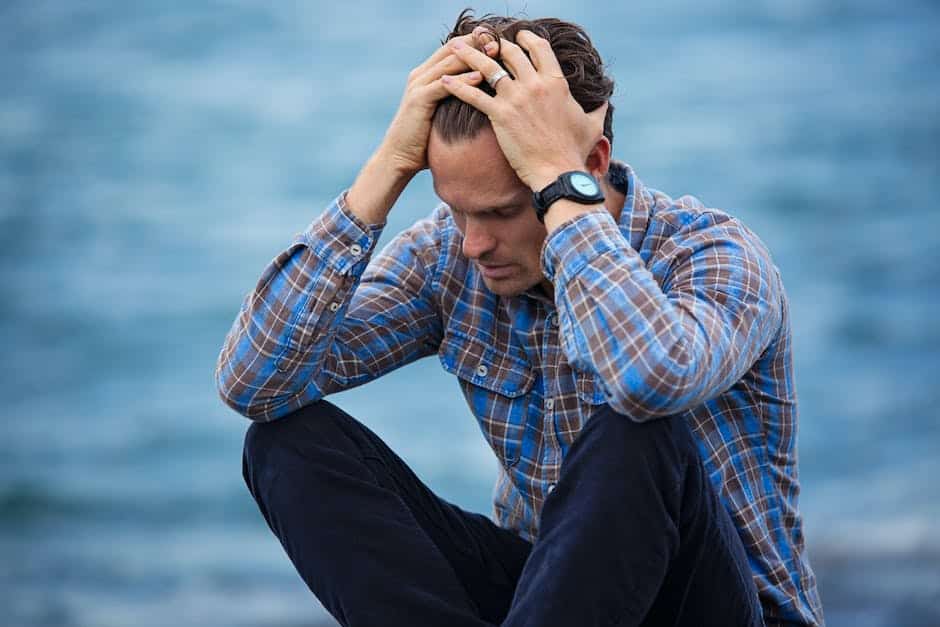What Is Good For Depression And Anxiety?
What Is Good For Depression And Anxiety?
Anxiety and depression can be very difficult to cope with. They can cause physical and emotional suffering, interfere with relationships and work, and in some cases, lead to other mental health disorders. Fortunately, there are some practical steps you can take to help manage your symptoms and foster long-term recovery.
Lifestyle Changes
Making certain lifestyle changes can have a positive impact on your mental health and make it easier to manage symptoms of depression and anxiety.
Exercise: Regular physical activity can have mood-elevating effects and improve overall physical and mental health.
Sleep: Getting enough restorative sleep is important for maintaining good mental and physical health.
Social Connectedness: Isolating yourself can make depression and anxiety worse. Make an effort to stay in touch with family, friends, and supportive acquaintances.
Therapies
Cognitive behavioral therapy (CBT) and other types of psychotherapy can be effective in treating depression and anxiety. CBT helps you to recognize and challenge distorted thinking patterns and replace them with healthier, more adaptive thoughts.
Medications
Medications can be helpful in treating symptoms of depression and anxiety. It is important to discuss potential risks and side effects with your doctor or psychiatrist before taking any medication.
Alternative Therapies
The following therapies may also be beneficial in alleviating symptoms of depression and anxiety:
- Mindfulness-based stress reduction: This practice combines meditation and yoga with gentle movements, often in a group setting.
- Acupuncture: Stimulating certain points in the body through the insertion of thin needles.
- Herbal Remedies: Herbs such as St. John’s Wort have been used to treat depression and anxiety. It is important to talk to your doctor or pharmacist before taking herbs because they may interact with other medications.
- Relaxation Techniques: Stress reduction techniques such as deep breathing, muscle relaxation, tai chi, and yoga can help with symptoms of depression and anxiety.
Self-Help Strategies
Engaging in certain self-care activities can help to improve your mental health as well.
- Journaling: Writing down your thoughts and feelings can help to sort out confusing emotions and increase self-awareness.
- Challenging Negative Thoughts: Questioning irrational and negative thoughts is an essential part of recovery from depression and anxiety. Consider the evidence for and against thoughts, and seek to replace them with more positive, productive thoughts.
- Engaging in pleasurable activities: Find activities that you enjoy and make time for them. Whether it’s spending time with friends, reading a book, going for a walk, or trying out a new hobby, it’s important to take time for yourself.
- Practicing Self-Compassion: Be kind to yourself. Cut yourself some slack and be understanding of the fact that you are only human.
What Is Good For Depression And Anxiety?
It is important to remember that you don’t have to go through this alone; a supportive network of family and friends can be a great source of strength. Seeking professional help is encouraged if you are struggling; there is no shame in getting help for your mental health.
